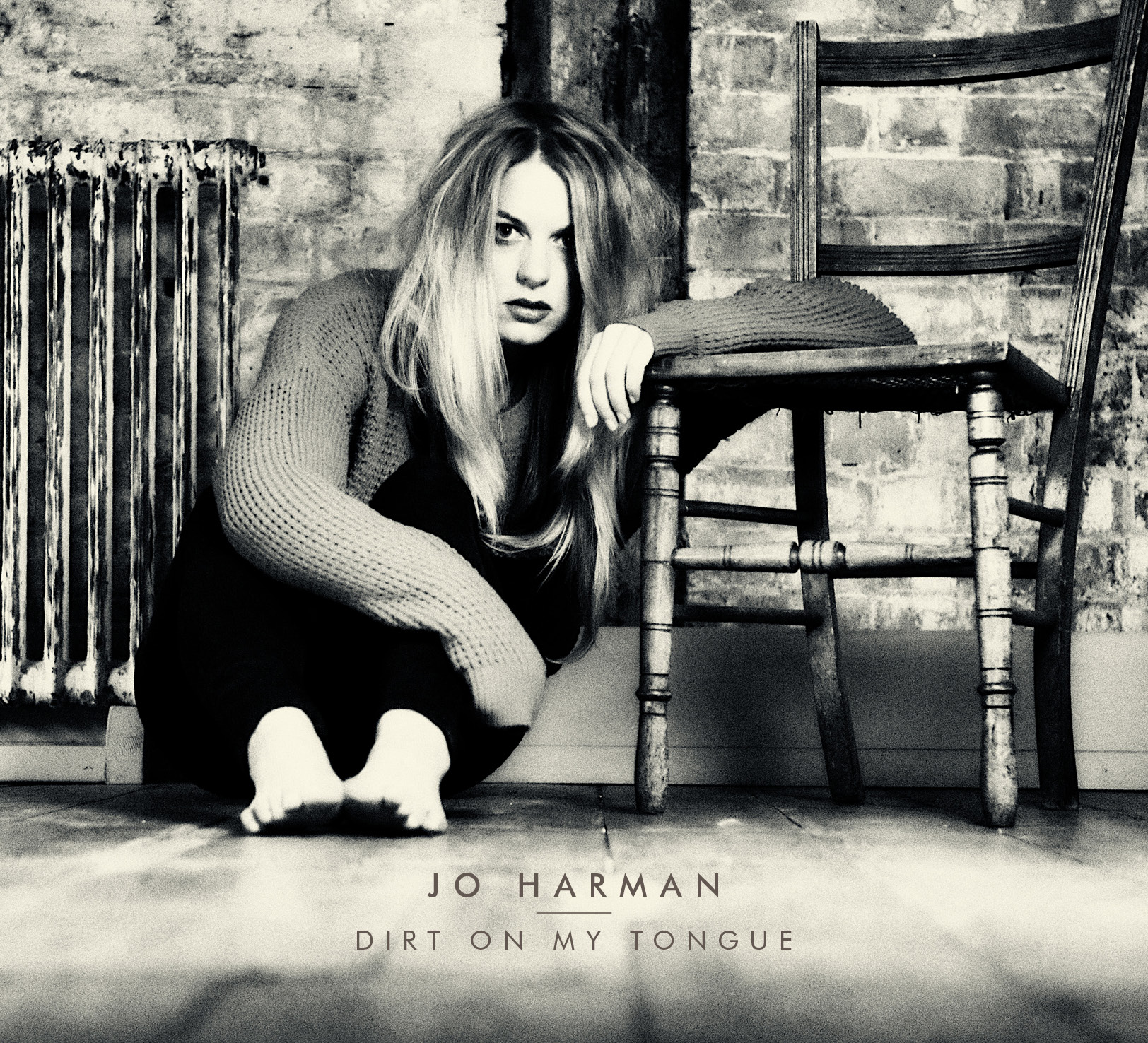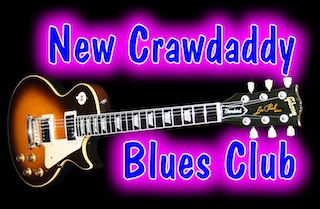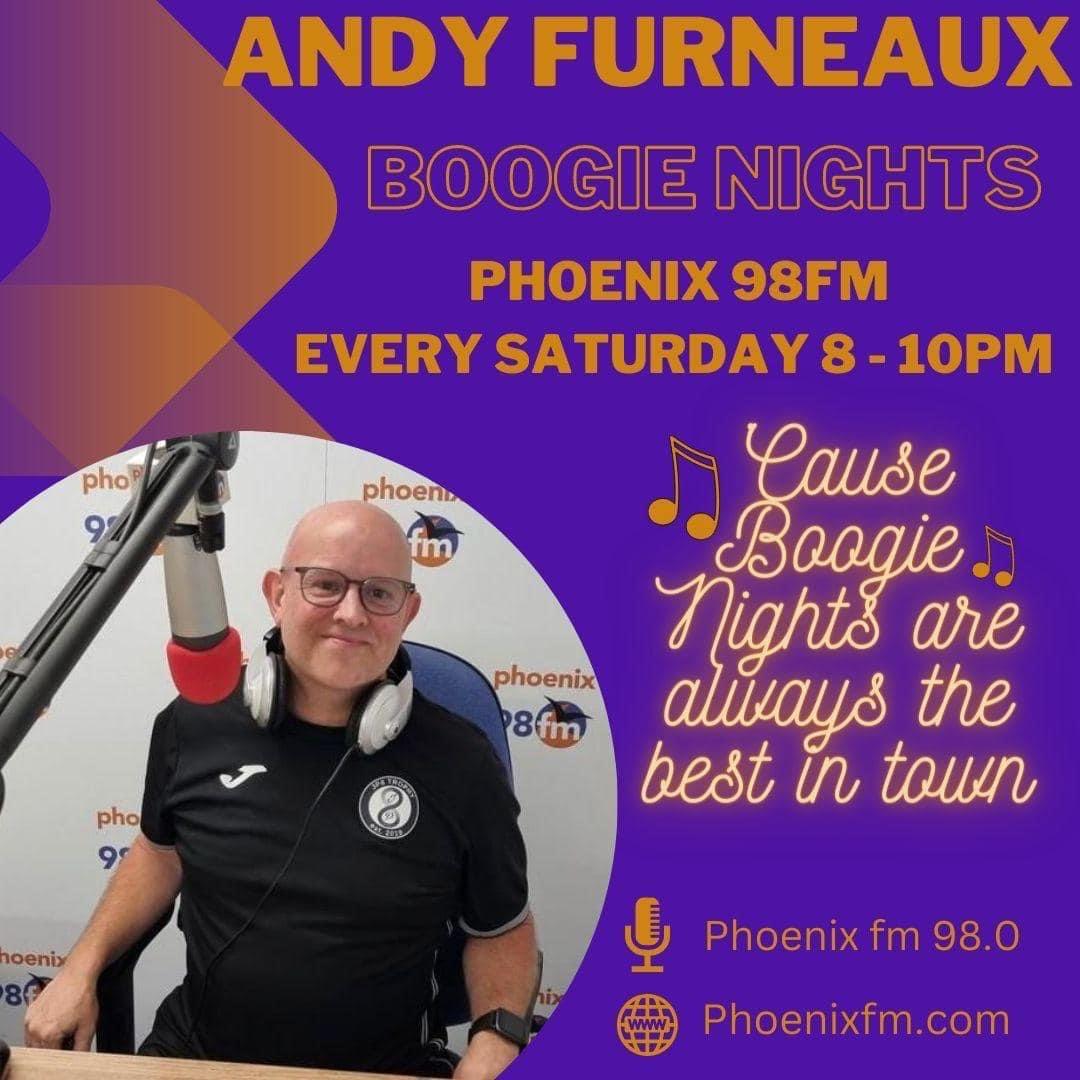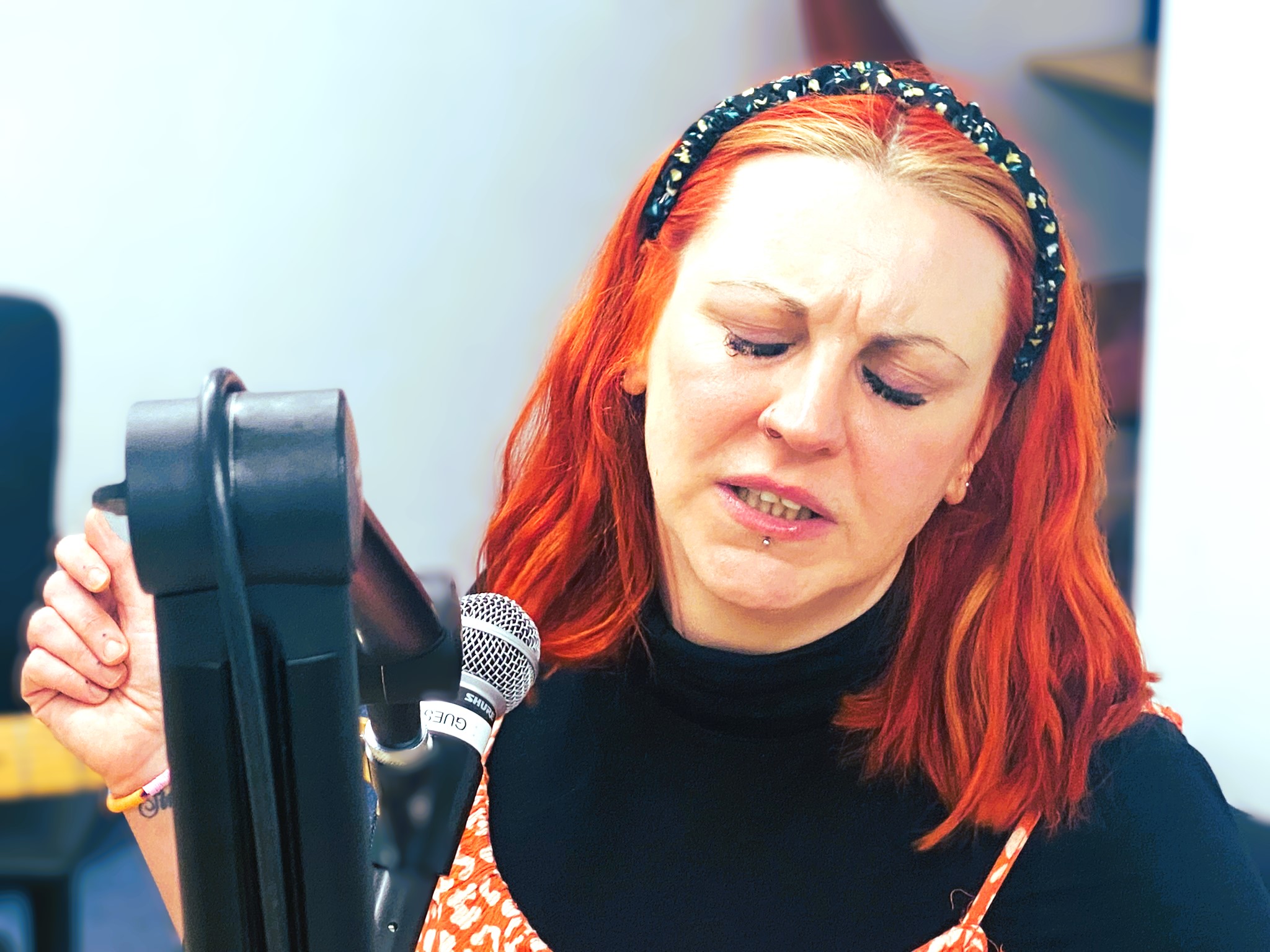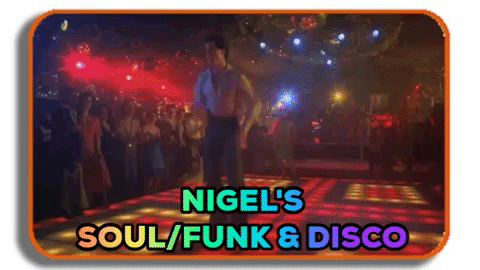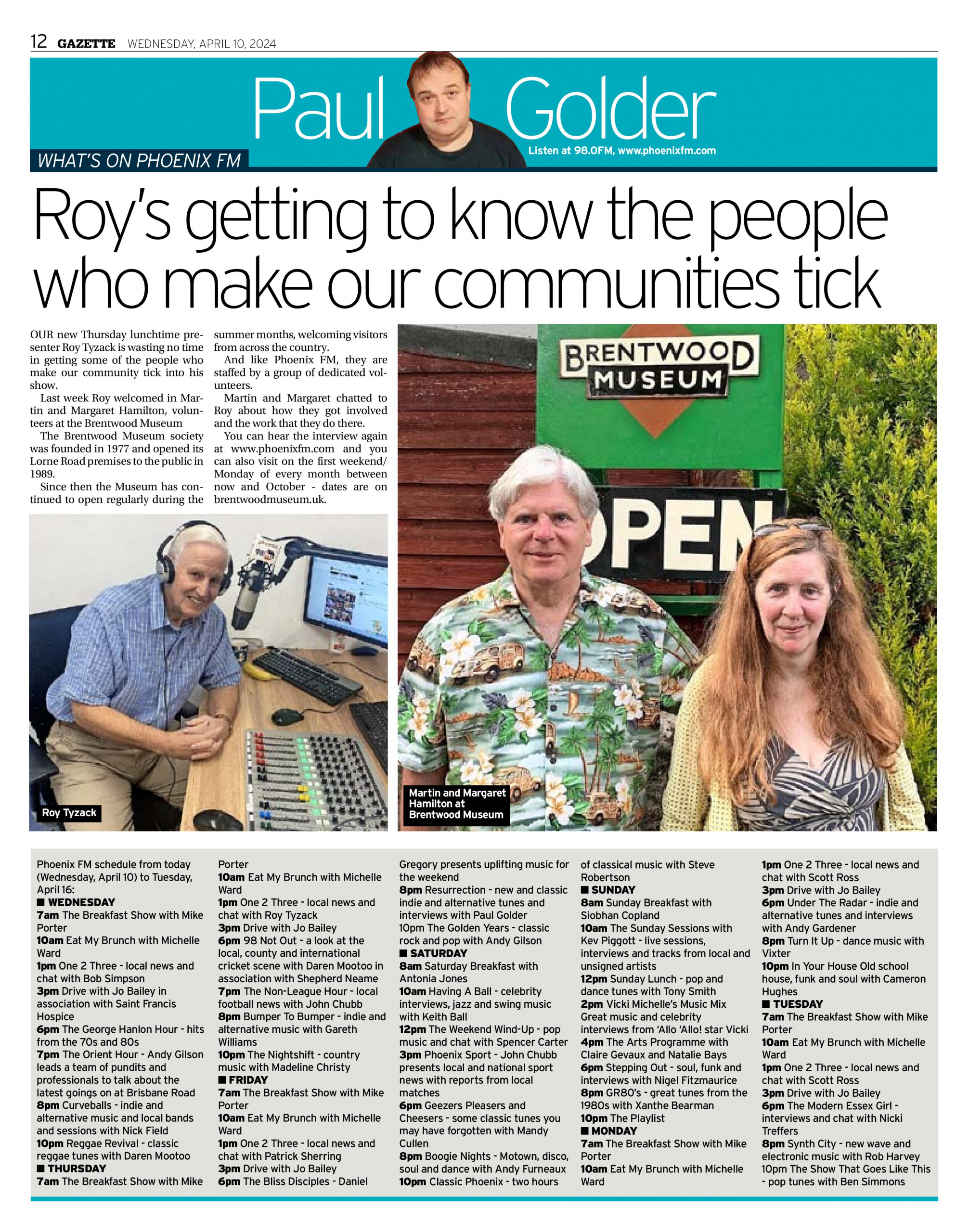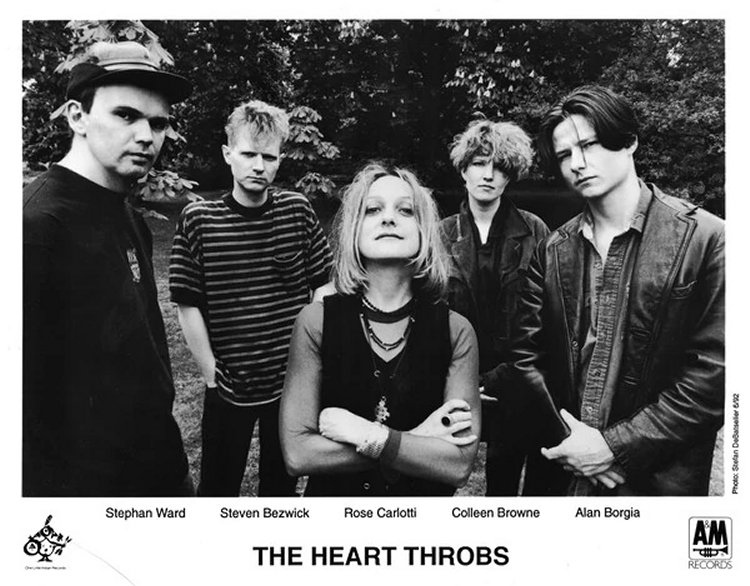Born Elmore Brooks on January 27, 1918 in Mississippi Elmore James was an American blues guitarist, singer, songwriter and band leader. He was known as “the King of the Slide Guitar” and had a unique guitar style, noted for his use of loud amplification and his stirring voice.
Elmore began making music at the age of 12 using a simple one-string instrument (“diddley bow” or “jitterbug”) strung up on a shack wall.
Although Robert Johnson died in 1938, James (like many other musicians) was strongly influenced by him, and by Kokomo Arnold and Tampa Red. There is a dispute as to whether Robert Johnson or Elmore wrote James’ trademark song, “Dust My Broom”.
James’s early death may have been hastened by his lifelong taste for, and manufacture of, moonshine whiskey, to which he was introduced at an early age. James was also reportedly an extremely fast driver who also loved hunting with guns and dogs in Mississippi.
During World War II James joined the United States Navy, was promoted to coxswain and took part in the invasion of Guam against the Japanese. Upon his discharge, Elmore returned to central Mississippi and eventually settled in Canton with his adopted brother Robert Holston where he devised his unique electric sound, using parts from the shop and an unusual placement of two D’Armond pickups.
He began recording in January 1951, first as sideman then debuting as a session leader in August with “Dust My Broom”. It was a surprise R&B hit in 1952 and turned James into a star.
During the 1950s he recorded “It Hurts Me Too” “The Sky Is Crying” (credited to Elmo James “My Bleeding Heart”, “Stranger Blues”, “Look on Yonder Wall”, “Done Somebody Wrong”, and “Shake Your Moneymaker”, all of which are among the most famous of blues recordings.
James played a wide variety of “blues” (which often crossed over into other styles of music) similar to that of Muddy Waters, Howlin’ Wolf and some of B. B. King’s work, but distinguished by his guitar’s vastly more powerful sound There are only a few known photos of James performing.
The nearest we have to a recording of a ‘live’ set by James is his last recorded session by Bobby Robinson, in New York City in 1963 shortly before James death. This session features several takes of “Hand In Hand” which was abandoned and James then played a ‘live’ set.
His best known song is the blues standard “Dust My Broom” The song’s opening slide guitar riff is one of the best-known sounds in all of blues. It is essentially the same riff that appeared in the recording of the same song by Robert Johnson, but James played the riff with electric slide guitar.
He influenced many rock guitarists such as The Rolling Stones’ Brian Jones, Fleetwood Mac’s Jeremy Spencer. John Mayall The Allman Brothers Band, Eric Clapton and Jimi Hendrix. James is mentioned in The Beatles’ song “For You Blue”: while John Lennon plays the slide guitar (Frank Zappa and Jimmy Page
James’s music & style still today has immense influence upon today’s modern blues icons, including the young Derek Trucks of the Allman Brothers and The Derek Trucks Band, who has attributed James as his most predominant influence, and inspiration.
During his abbreviated career he recorded no less than 46 singles and 22 albums
James died of his third heart attack in Chicago on May 24, 1963 just prior to a tour of Europe.
Source: Wikipedia













